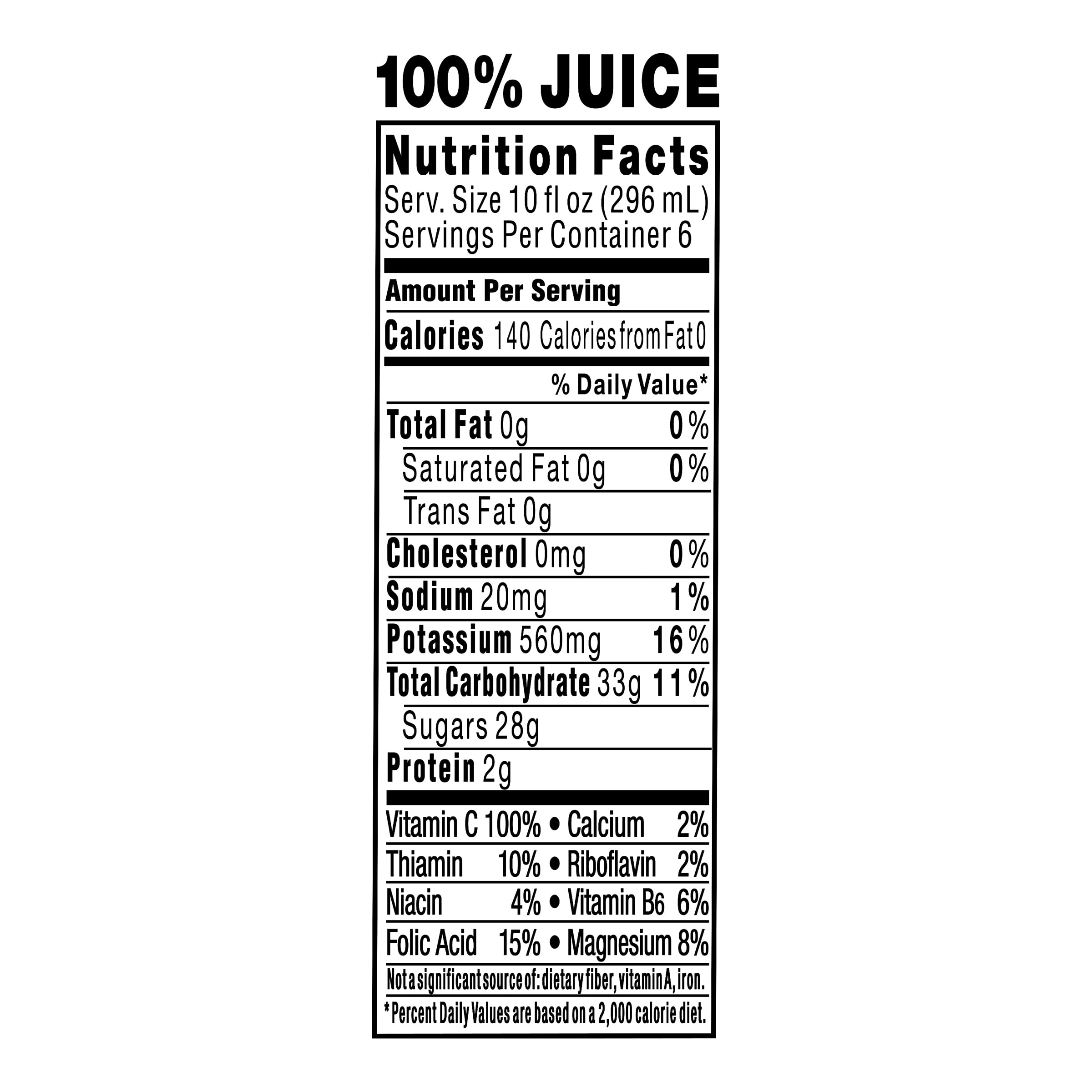

Fruit consumption and risk of type 2 diabetes: results from three prospective longitudinal cohort studies. Weight Loss Associated With Consumption of Apples: A Review. Quercetin and its anti-allergic immune response. Mlcek J, Jurikova T, Skrovankova S, Sochor J. Quercetin and cancer: new insights into its therapeutic effects on ovarian cancer cells. Vafadar A, Shabaninejad Z, Movahedpour A, et al. Apples and cardiovascular health-is the gut microbiota a core consideration?. If you buy from someplace like a farmer's market or a local orchard, ask the seller how the cider was produced.Harvard Medical School. Check the label or ask your store's produce manager to be sure. If it's in a cooler or refrigerator in your produce department, there's a chance that it wasn't. When you're shopping for it in a store, keep in mind that cider that's kept on the shelf or is frozen juice concentrate has been pasteurized. This is particularly possible if any of the apples used to make the cider were "drops" (apples that were picked off the ground). If your apple cider is not pasteurized, there's a chance that you could take in some harmful bacteria, such as Salmonella or E.

These polyphenols also help to ease your risk of certain types of cancers, such as colon cancer, prostate cancer, and breast cancer.
Apple juice nutrition facts free#
As antioxidants, the polyphenols in apple cider can help to fight free radicals in your body, lowering your chance of oxidative stress and cell damage. It also can help prevent symptoms like diarrhea, which can come when you have too much sugar. Diluting the cider with water helps to cut down on the amount of sugar you take in. As such, it can help to prevent dehydration if you’re sick. Pectin is a soluble fiber that can keep you regular.Īpple cider can also help to relax your intestines, which can help create a healthier digestive system and alleviate symptoms of irritable bowel syndrome. As it’s not filtered, the drink does keep some of its pectin content. While apple cider doesn’t have much fiber, it can still help people with constipation or irritable bowel syndrome. That plaque increasing your risk for heart disease.Ĭonstipation relief. The phytonutrients in apple cider can help to stop the oxidation process of bad cholesterol, which leads to the buildup of plaque in your arteries. Other health benefits of apple cider include: While cider might not have the same concentration of polyphenols that whole apples have, these antioxidants can help to improve your health and lower your odds of certain conditions such as inflammation and cancer. The polyphenols in the cider provide health benefits. Potential Health Benefits of Apple CiderĪpple cider in its purest form is the juice from chopped and mashed apples. It does, however, contain less than fresh, whole apples, which also contain a significant amount of fiber. Polyphenols also help to ease inflammation in the body.Īs apple cider isn’t filtered, it has more polyphenols than apple juice. They can help the body to fight against free radicals and cell damage, lowering your risk of certain types of cancer, diabetes, and heart disease. In 1 cup (8 ounces) of apple cider, you’ll find:Īpple cider also has several other vitamins and minerals, such as:Īpple cider contains polyphenols, which are compounds in plants that act as antioxidants. Still, cider does have some amazing health benefits. As it’s only the juice, the amounts are smaller. While it typically refers to fresh-squeezed, unfiltered apple juice in the states, “cider” in other parts of the world refers to an alcoholic beverage that most Americans know as “hard cider”Īpple cider has many of the same nutrients as fresh apples. is different from cider in other countries.

Apple juice, on the other hand, is filtered juice that’s been heated to 190 F during processing.Ĭider in the U.S. It may or may not be pasteurized, which is the process of heating the liquid to a certain temperature to kill bacteria. It still has some pulp, as well as more vitamins and minerals. While both products contain juice squeezed from apples, the process is a bit different. You often hear people referring to apple cider as apple juice and vice versa. It doesn’t get much better than going to an apple orchard to handpick apples, except maybe enjoying a cup of fresh-squeezed apple cider.


 0 kommentar(er)
0 kommentar(er)
